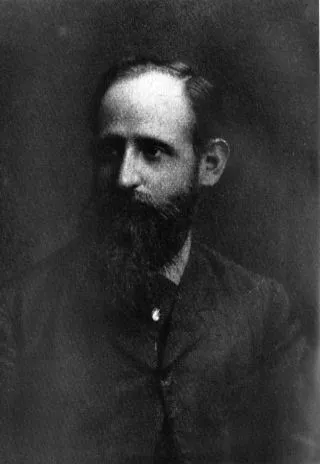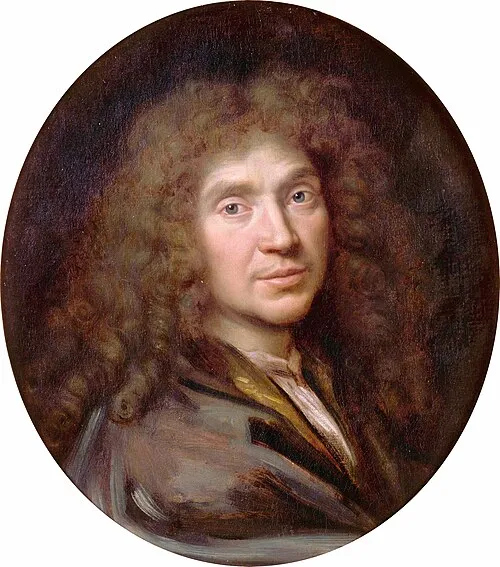
Name: Mihai Eminescu
Born: 1850
Nationality: Romanian
Profession: Journalist, author, and poet
Death: 1889
1850 – Mihai Eminescu, Romanian journalist, author, and poet (d. 1889)
In the heart of Romania, during a time when the nation was caught in the throes of cultural and political awakening, a child was born who would come to define the very essence of Romanian literature. Mihai Eminescu, heralded as one of the greatest poets in Romanian history, entered this world in 1850. However, his journey was anything but ordinary; it was marked by passionate love affairs, deep existential struggles, and an insatiable quest for national identity.
As a young boy growing up in Botoșani, Eminescu exhibited precocious talent and a profound love for literature. Perhaps it was the picturesque landscapes surrounding him the rolling hills and serene rivers that inspired his vivid imagination. At just 15 years old, he found himself studying at the University of Iași. It was here that he became embroiled not only in academic pursuits but also in fervent political discussions that sought to challenge the status quo. Ironically, while many students focused on their studies or social lives, Eminescu's mind roamed into realms that intertwined poetry with philosophy and nationalism.
During these formative years at university, Mihai began to forge his path as a journalist an endeavor that would serve as both his lifeblood and battleground. He penned articles for various publications under pseudonyms; however, this anonymity did little to quell his fiery spirit or critical insights on societal issues. His sharp pen cut through hypocrisy like a knife through butter! Amidst this tumultuous backdrop emerged some of his most poignant works: poems infused with romanticism yet steeped in realism reflecting not just personal anguish but also collective struggles faced by Romanians.
The late 1870s proved pivotal for Eminescu as he fell deeply in love with Veronica Micle a connection filled with passionate exchanges yet marred by despairing misunderstandings! Their tumultuous relationship became fodder for many of Eminescu’s verses; each poem resonated with an intensity rarely seen before. Who knows what echoes linger from their whispered secrets? Many scholars argue that her influence significantly shaped some of his most acclaimed works yet her presence could never completely fulfill him emotionally.
Despite this emotional turmoil and maybe because of it Eminescu produced some timeless masterpieces during these years: “Luceafărul” , arguably one of Romania's finest poems showcases not just literary brilliance but an intricate interplay between mythology and philosophy! The protagonist a celestial being longing for earthly love embodies humanity’s eternal yearning for something beyond reach… perhaps mirroring Mihai's own unattainable desires.
Eminescu's career flourished alongside burgeoning nationalism within Romania as intellectual circles rallied around him. His verses became synonymous with national pride and cultural identity during an era fraught with external pressures from empires seeking dominance over Romanian territories! However... beneath this exterior lay shadows lurking deep within a struggle against mental health issues that haunted him throughout life!
Throughout much of the 1880s, Eminescu grappled silently yet intensely against bouts of depression which led to erratic behavior while simultaneously producing profound literary contributions. It's almost poetic irony itself: how such brilliance could emerge amidst such personal darkness! Perhaps it speaks volumes about artistry the deeper one plunges into despair... often results in more illuminating expressions capable resonating across time!
Eminescu’s untimely death came on June 15th 1889 after years battling deteriorating mental health compounded by financial hardships stemming from unrelenting media scrutiny coupled with intense public interest surrounding both art politics… One cannot help but speculate about what might have been had he lived longer? Would he have further solidified Romanian literature’s global standing? Or might we have seen different thematic explorations emerge alongside evolving national identities?
Even today as new generations discover or rediscover Mihai Eminescu through school curricula or literature enthusiasts sharing insights online it becomes evident how timeless these themes remain relevant across eras! In fact... many modern artists draw inspiration from fragments woven throughout Emanuel Muscelescus work exploring topics such as love lost versus gained amidst societal constraints often reflecting contemporary struggles experienced universally!
A century later since leaving us behind physically but still alive within hearts minds we witness how elements introduced via artistry transcend temporal boundaries connecting souls across ages filling voids created when silence falls among ourselves...
This enduring legacy reminds us all about significance creativity holds bridging divides amongst differing cultures uniting humanity through shared experiences woven elegantly within beautiful compositions crafted painstakingly over lifetimes past present alike!
Early Life and Education
Eminescu was born into a modest family in the village of Ipotești, located in the historical region of Moldavia. His early education took place in several local schools, and later in 1866, he moved to the city of Cernăuți where he attended high school. Eminescu's academic journey was characterized by a thirst for knowledge; he was well-versed in multiple languages including Romanian, German, French, and Italian, which would later influence his writing style and lyrical quality.
Literary Career
Initially, Eminescu began his literary career as a journalist, writing for various publications such as the "Timpul" newspaper where he explored political and social issues of his time. However, his most significant contributions are found in his poetry. His works, such as "Luceafărul" , are considered masterpieces of Romanian literature. This poem is a complex narrative that intertwines mythology with existential themes, showcasing Eminescu's ability to fuse personal experience with universal truths.
Throughout his career, Eminescu published numerous poems, essays, and articles, many of which reflected his romantic and nationalistic sentiments. His poetry often drew inspiration from nature and folklore, depicting the beauty of the Romanian landscape while simultaneously critiquing societal issues.
Philosophical Influences
Aside from his poetic ingenuity, Mihai Eminescu was heavily influenced by German philosophy and literature, particularly the works of Schopenhauer and Goethe. These philosophical ideas permeated his poetry, infusing it with contemplative introspection and a deeper exploration of life's existential questions. His philosophical inclinations made his poetry rich with meaning and layered with emotional depth, captivating readers across generations.
Personal Life and Challenges
In addition to his romantic challenges, Eminescu grappled with mental health issues, particularly in his later years. His struggles culminated in his untimely death on June 15, 1889, in Bucharest, a tragic end for a poet whose work had so profoundly affected Romanian society.
Legacy
Mihai Eminescu's legacy is vast and enduring. He is widely regarded as the quintessential Romanian poet, and his works are an integral part of the country's national identity. Various monuments, cultural events, and institutions are dedicated to his memory, highlighting the significance of his contributions to Romanian literature. Schools and literature courses continue to teach his poetry, ensuring that new generations appreciate the beauty and depth of his work.
In conclusion, Mihai Eminescu's life and work encapsulate the essence of Romanian literature. His ability to weave together personal experience, philosophical inquiry, and a love for his homeland makes his poetry timeless and impactful. For those seeking an understanding of Romanian culture, diving into the works of Eminescu is an essential journey.




